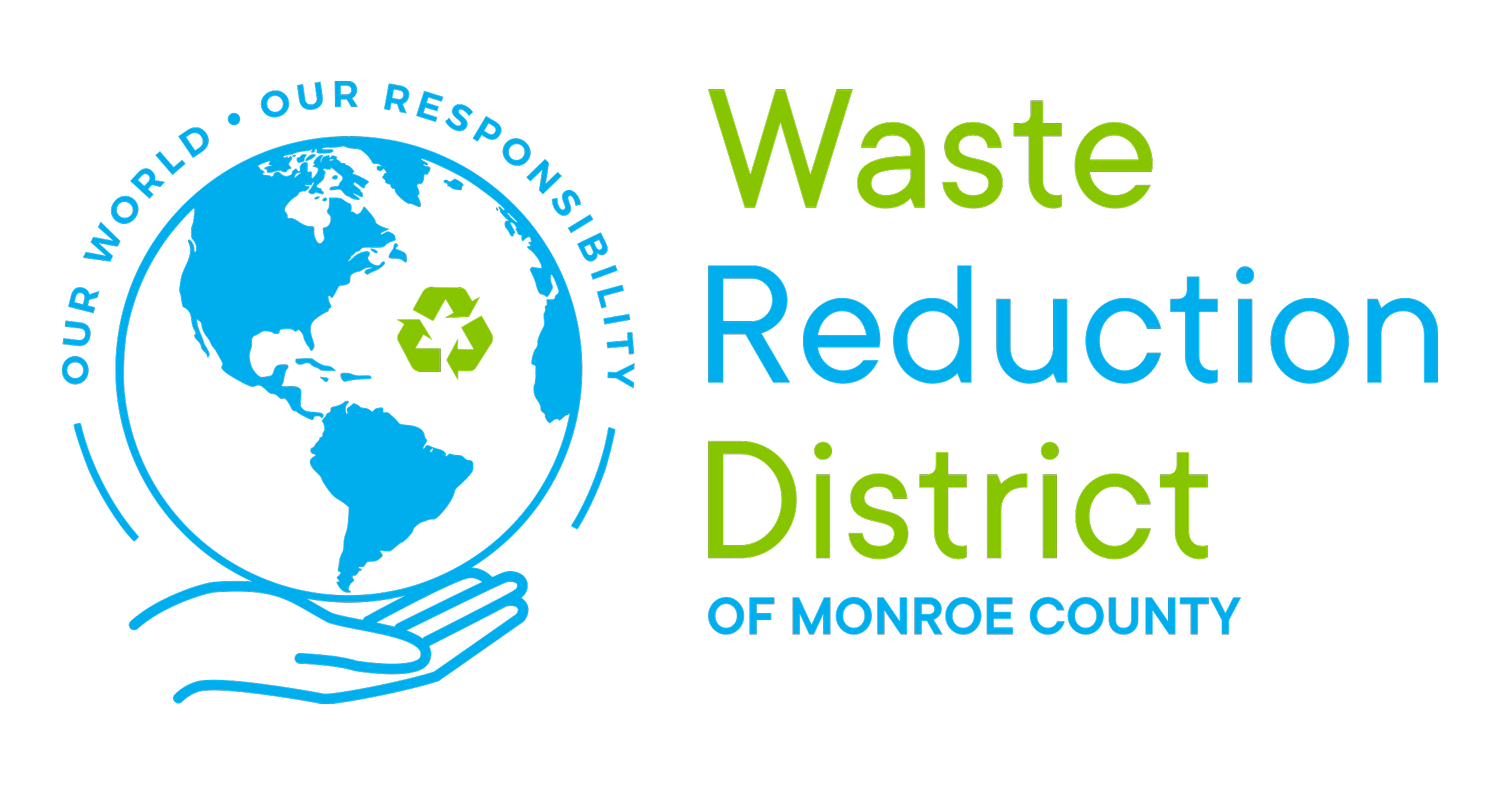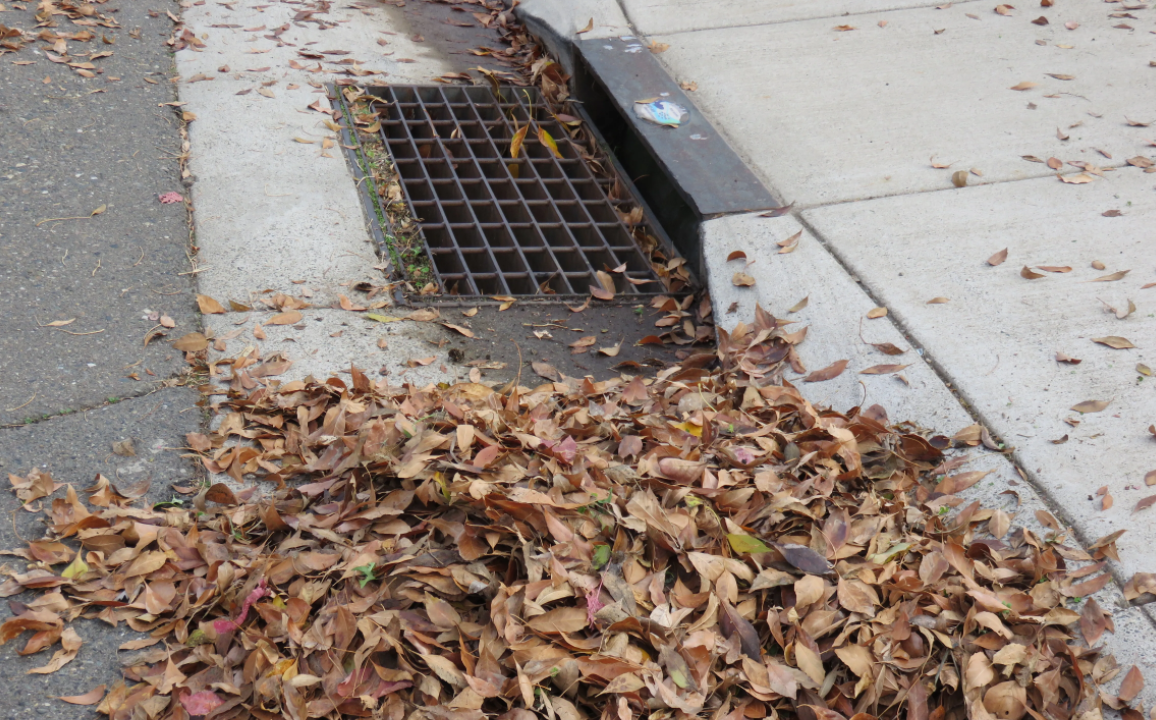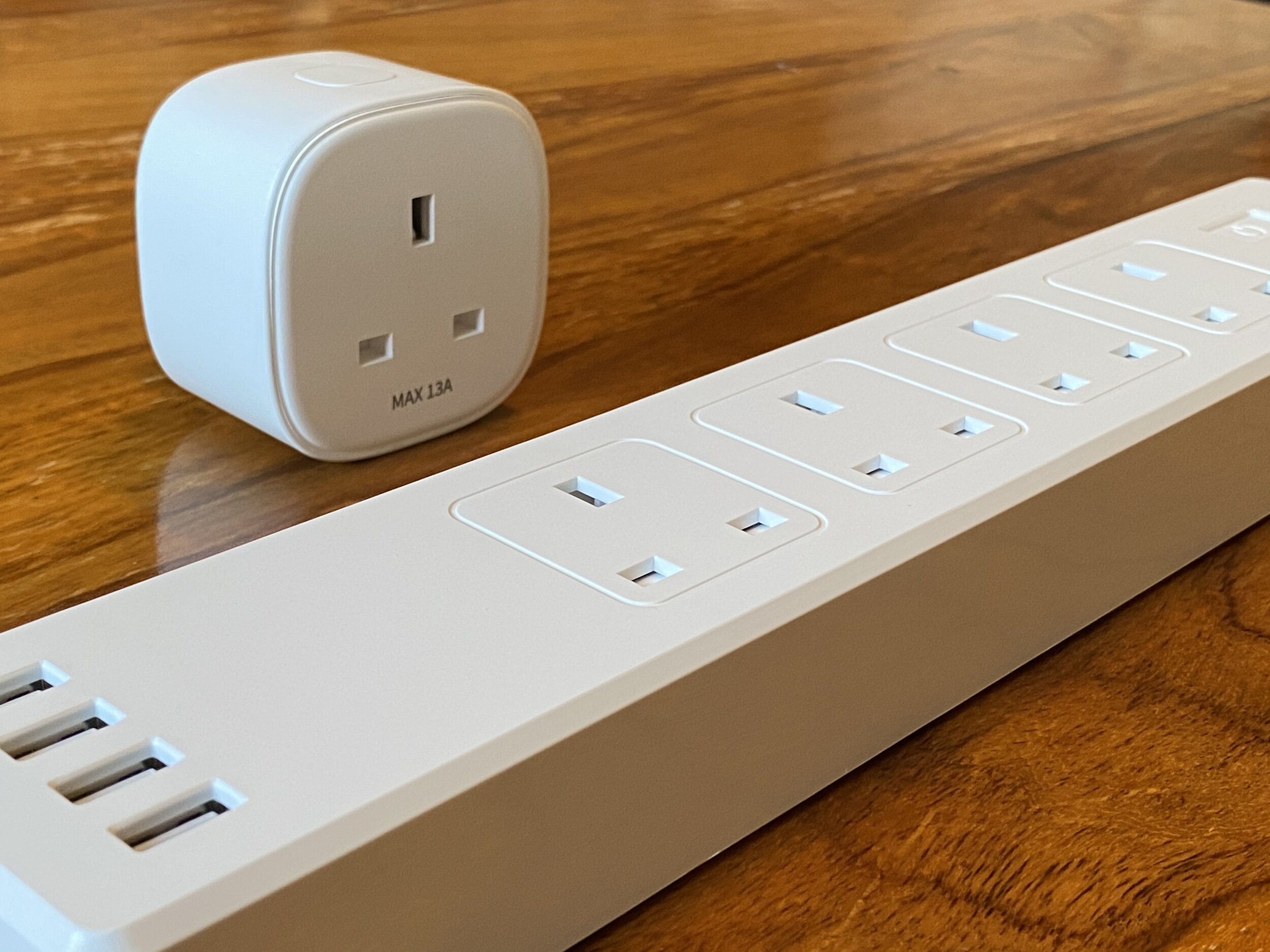
Be a Citizen Scientist Every Day
A citizen scientist is an ordinary person who does extraordinary things just by taking action every day to keep the earth healthy.
A citizen scientist knows how important the natural world is and how powerful their choices are. Help all life on earth.
The power of one is the power of many.
• Play outside. Enjoy the “natural world” so that you know how important it is to protect it. You will be more alert, happy, and healthy.
• Know where your trash goes. Think before you buy. Will it hurt the earth in any way?
• Don’t use items that waste and cannot be reused, i.e. ”disposables”(one-time use), paper towels and napkins, plastic plates and utensils, foil wrapping paper, wipes, cleaning supplies, diapers, cameras, non-rechargeable batteries, etc.
• Buy only what you need and buy toys and appliances that last. Use what you buy and select items that are durable and can be reused and repaired.
Rewild your yard. Create habitats for wildlife in your yard and around the workplace by planting levels of vegetation. Leave most areas wild and not mowed for food, shelter, and nesting of animals. Provide year-round food sources for wildlife. Do xeriscaping and natural landscaping using native and drought-resistant plants. Post a wildlife habitat sign.
• When making purchases, look for items that can be recycled in your area and purchase items which have recycled content in them like recycled content wrapping paper. Buy recycled-content products.
• Ask local stores to stock more products made from recycled materials. Support businesses that are earth-friendly.
• Use a lawnmower that mulches leaves. “Grass recycling” is a natural fertilizer. Mow during the early morning or evening when it is cooler. The mower then pollutes less and it is easier on the motor. Better yet, use an electric mower for areas you wish to be mowed and leave most areas wild.
• Plant trees! More than 5,000 items are made from trees. Benefits include: cleaning pollution from the air, soil, and water, providing habitat for animals, regulating weather and climate, improving mental health, reducing energy consumption, adding value to your home.
• Use both sides of a paper before recycling it, even in printers.
• Use a rag or sponge versus a paper towel to save money, trees, habitat, conserve energy, and reduce pollution. If needed, use cloth napkins.
• Call the 800 number on catalogs to take your name off mailing lists. When ordering, ask that the item be packaged in recyclable material such as newspaper, cardboard, or cornstarch peanuts.
• Compost to reduce trash by 25 to 35%. Turn leaves, yard waste, and food scraps into soil that enriches the earth. Composting is nature’s way of recycling and it’s easy to do in a compost bin.
• Don’t litter. Litter is unsightly, costly to cities and counties, and it poses a health and safety problem for humans and animals. Many animals get caught in the litter and die. Pick up litter.
• Give reusable items: toys, appliances, furniture, misc. etc. to someone or an agency, place a free ad in the paper or list it on Freecycle or Craig’s list, Have a yard sale/garage sale. Reusables are NOT trash.
• Repair cars, toys, and other items so they have a longer life. Fix car leaks promptly. Leaky cars drip motor oil and other fluids on our streets and driveways and enter waterways.
Use compact fluorescent light bulbs (CFLs) and then recycle them! This conserves energy, reduces mercury pollution, and saves you money.
• Care for animals: pets and wildlife. We share this world. Teach others not to hurt any living thing. All life has a purpose on earth. Read about common wildlife and their needs.
• Use cloth bags when shopping. Reuse paper or plastic bags and then recycle them. Don’t take a bag if you don’t need it. Ask cashiers not to double bag items.
• Buy in bulk and don’t buy over-packaged products. Extra packaging wastes natural resources, is more expensive for you, and overpackaged products tend to not be as healthy. Also, buy in bulk. It saves natural resources and saves you money.
• If purchasing hazardous material, buy only what you need or better yet, buy organic materials.
• Choose safer, multi-purpose cleaners or organic cleaners and make your own. If mixed and stored properly these common household cleaning ingredients are also effective and less expensive. Baking soda and/or vinegar clean almost anything.
• Dispose of pharmaceuticals, vitamins, medical aids, household cleaners, paint, and other chemicals at the District’s Hazardous Materials Facility. Many products found in homes and garages are too dangerous to be disposed of in the trash or down the drain and are banned from landfills.
• Use water-based paints and preferably paints with no or low volatile organic compounds (VOCs) to reduce both outdoor and indoor pollution.
• Bring electronic items to a hazardous materials facility. Never throw them in the trash. They contain hazardous chemicals and precious metals that can pollute soil, water, and air.
• Use rechargeable batteries and a charger. Recycle batteries. Never throw them in the trash.
Clear street gutters and stormwater drains of trash, leaves, and grass. Trash clogs drains and causes streets to flood in a storm. Leaves, pet waste, and grass clippings wash into streams and rivers where they decay, reducing the oxygen in the water that fish need to survive. Trash creates problems for plants and animals as well.
• Use less water. Turn off the water while you brush your teeth. Saves 5 gallons of water each time.
• Take short showers: 5 to 10 minutes and use low-flow showerheads. Conserves water and energy.
• Install low flow faucets (kitchen & bathroom) and repair leaky faucets and toilets promptly. This conserves water and saves you money.
• Only do full loads of laundry and full loads in the dishwasher and air dry dishes to save water and energy. Wash clothes in cold water and air-dry clothes on a line. If using a dryer, clean the lint screen in the dryer after each load. Wash dishes by hand instead.
• If you need to water your lawn and garden (not necessary in states with high precipitation), water only in the morning or evening. Water evaporates quickly during the middle of the day. Use rain barrels to collect rainwater from the rain gutters instead of using the hose.
• Change the furnace filter regularly, at least every 3 months. This keeps you healthy, maintains the furnace, conserves energy, and saves you money.
• Stormwater runoff is a leading cause of pollution in the U.S. Sweep off- instead of hosing the driveway, patio, or sidewalk. This saves water and prevents water pollution. Water run-off from driveways, sidewalks, and lawns carries contaminants, such as dirt, motor oil, fertilizers, and animal waste directly into our lakes, rivers, and streams. Don’t use chemical fertilizers on the lawn and wash your car in a carwash where the water is treated. Anything that enters a storm drain enters our waterway.
• Use organic lawn fertilizers like compost so living creatures are not poisoned and our water stays clean. Do NOT use chemical fertilizers, herbicides, and pesticides.
• Design a rain garden, shallow landscaped areas in a yard planted with native vegetation that collects runoff and improves water quality. It also adds to the value of your house.
Turn off power strips, lights, television, stereo, computer, etc. when not using them or purchase a “Smart Power Strip.” This saves you money, reduces energy use, pollution, and global warming.
• Turn down the heat to 62-68 degrees. Use screen doors for air circulation and open windows vs. AC. Set air conditioner between 78 and 85 degrees. Use ceiling fans instead of AC to cool your house.
• Set the thermostat on your refrigerator at 38 degrees. Keep coils clean. Vacuum them regularly.
• Set the thermostat on your hot water heater no higher than 120 degrees F
• Purchase “energy efficient” appliances like Energy Star which uses less energy. Use smaller refrigerators which reduce energy use, not the gigantic kind.
• When possible, ride your bike, carpool, or ride city busses. This saves fuel and produces less pollution, and gives you good exercise. Everyone’s healthier for it.
• Organize a school book swap. Create an earth-friendly school cafeteria system.
• Ask your school to use fundraisers that help the environment.
• Buy fresh local foods over frozen. You will be healthier and you will use less packaging.
• Get involved politically and know the views of your representatives.




